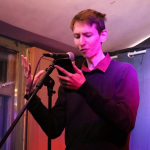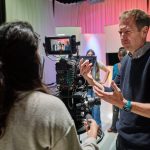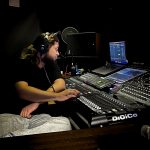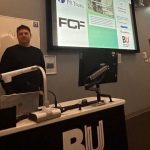 Produced by Guest blogger
Produced by Guest blogger
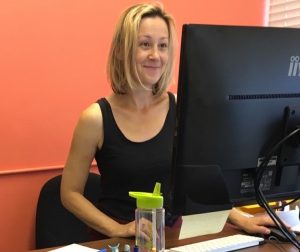 MSc Cognitive Neuroscience, is a relatively new course at BU and started in September 2022. In this blog former Programme Leader Professor Hana Burianová tell us more about the course and the sort of career opportunities you could have once you graduate.
MSc Cognitive Neuroscience, is a relatively new course at BU and started in September 2022. In this blog former Programme Leader Professor Hana Burianová tell us more about the course and the sort of career opportunities you could have once you graduate.
What is Cognitive Neuroscience about?
Cognitive Neuroscience is the study of biological processes that subserve our cognitive processes – in other words, it investigates the neural circuitries involved in, for example, speech, remembering, or emotion processing. Equally, Cognitive Neuroscience examines alterations in these brain circuitries when neural plasticity occurs (due to neurodegeneration or brain trauma).
Are there any particular highlights about this course?
Yes, it provides an in-depth knowledge about the brain, teaches critical thinking, and delivers a hands-on training in the methods of cognitive neuroscience, namely functional magnetic resonance imaging (fMRI), electroencephalography (EEG), and transcranial magnetic stimulation (TMS). You can see our Psychology Testing Suite in a virtual tour here.
Who is MSc Cognitive Neuroscience for?
Anyone interested in the brain, biology, and cognitive neuroscience. We invite graduates from the following areas of study: Psychology, Biomedical Science, Biological Science, Sport Science, and Physical Science.
How will I benefit from the course?
Apart from learning about all things brain, you will learn applicable research skills in the area of Cognitive Neuroscience as well as general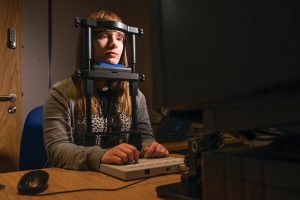 research skills, such as critical assessment and scientific writing.
research skills, such as critical assessment and scientific writing.
What could I do after completing the course?
Apart from continuing further in academia as a PhD student in Cognitive Neuroscience, you can become cognitive neuroscientist, academic researcher, lecturer, or data analyst. The areas of employment would be within cognitive neuroscience and related fields, including psychology, computing, neuroscience, medicine, and computer science. Your future position could be in the NHS, education, academia, or the private sector.
Is there any funding available?
Please visit our page on Fees and Funding for relevant scholarships.
How can I find out more about the course?
Please attend one of our Postgraduate Open Days. You can also contact our new Programme Leader Dr Ala Yankouskaya directly if you have any questions.
 All about MSc Psychology with Programme Leader, Doug Hardman
All about MSc Psychology with Programme Leader, Doug Hardman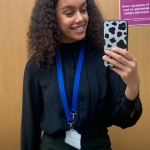 Kelseigh and her career path to Detective Constable in the MET Police
Kelseigh and her career path to Detective Constable in the MET Police Why postgraduate study was such a great option for me
Why postgraduate study was such a great option for me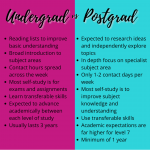 My undergraduate to postgraduate journey at BU
My undergraduate to postgraduate journey at BU
